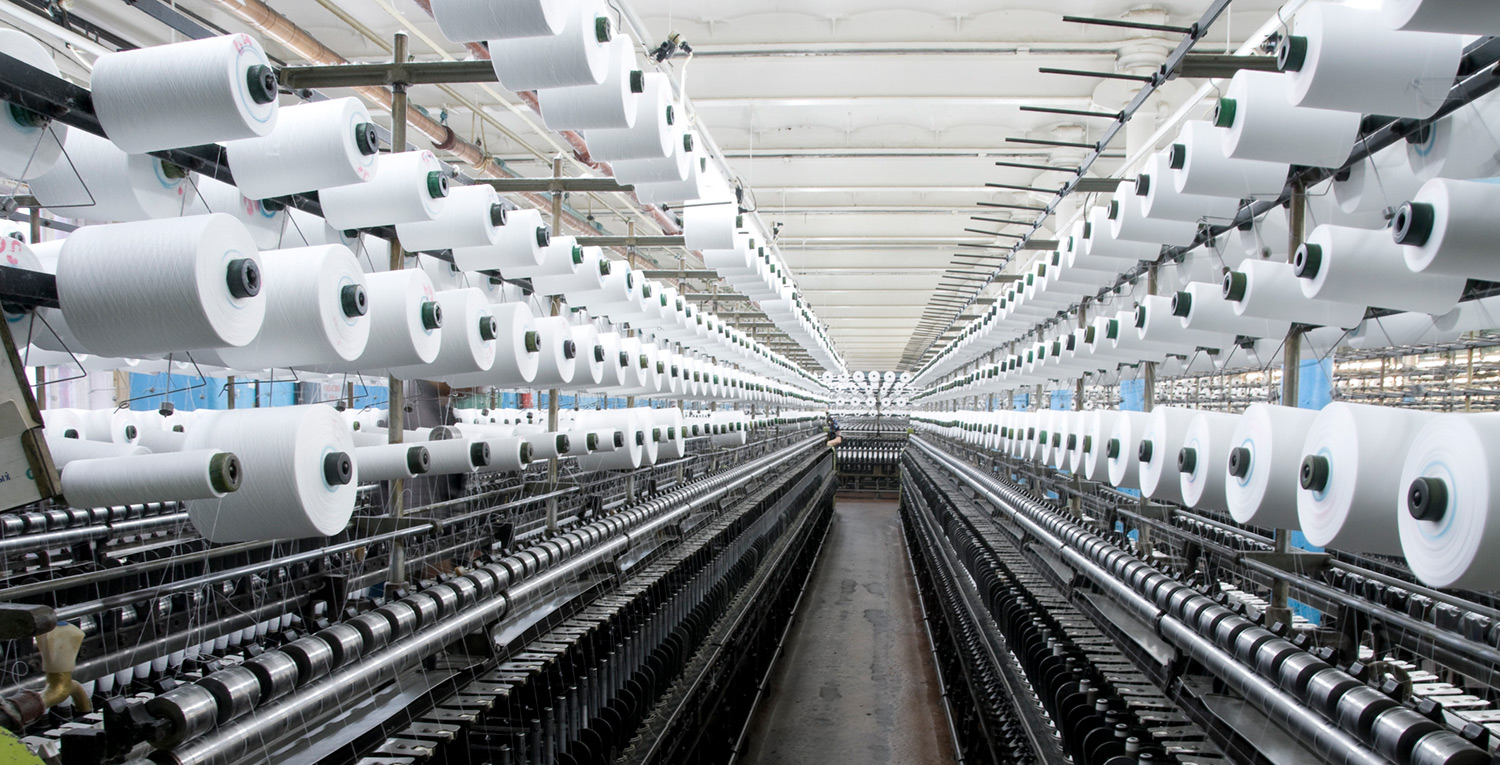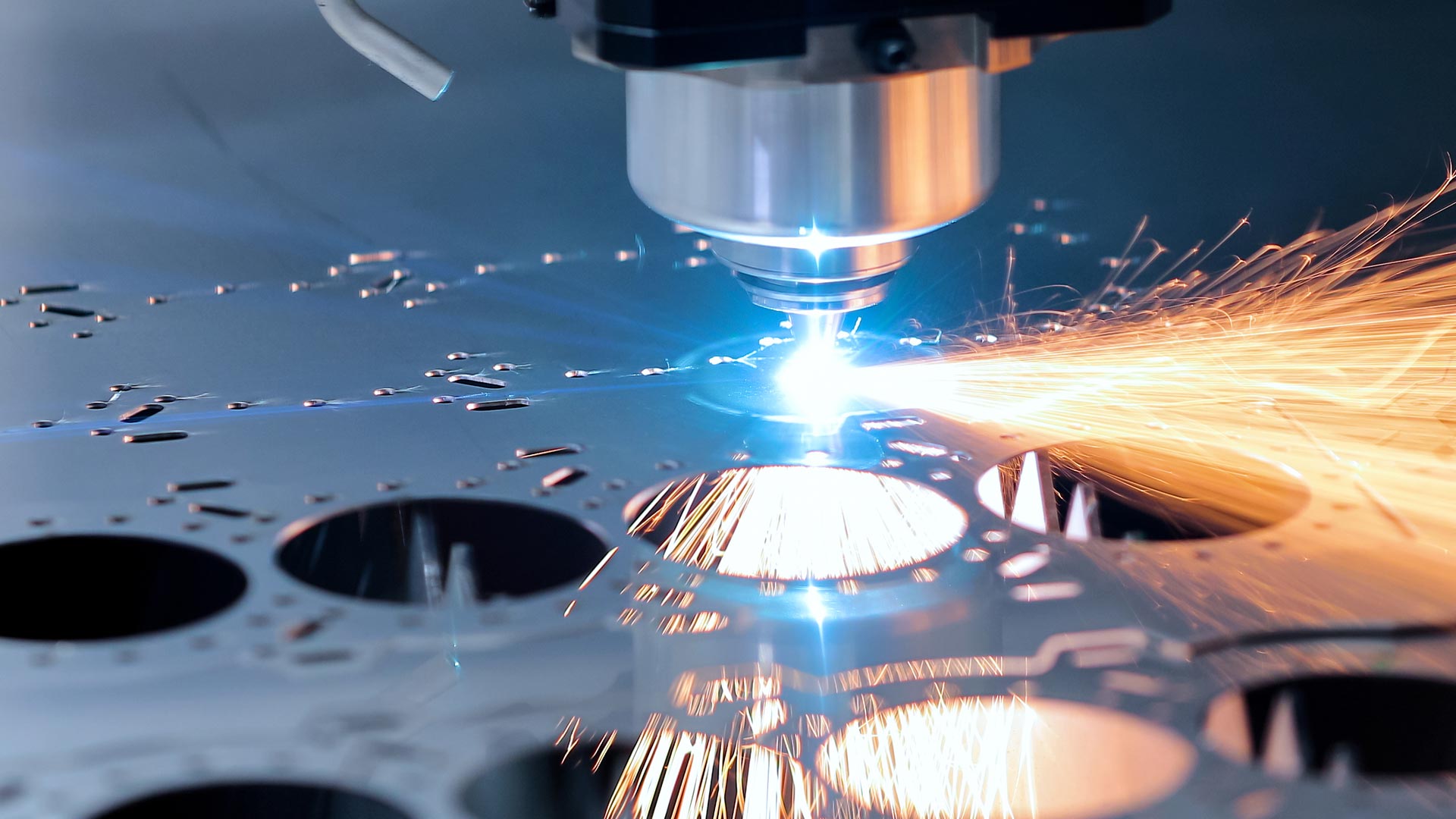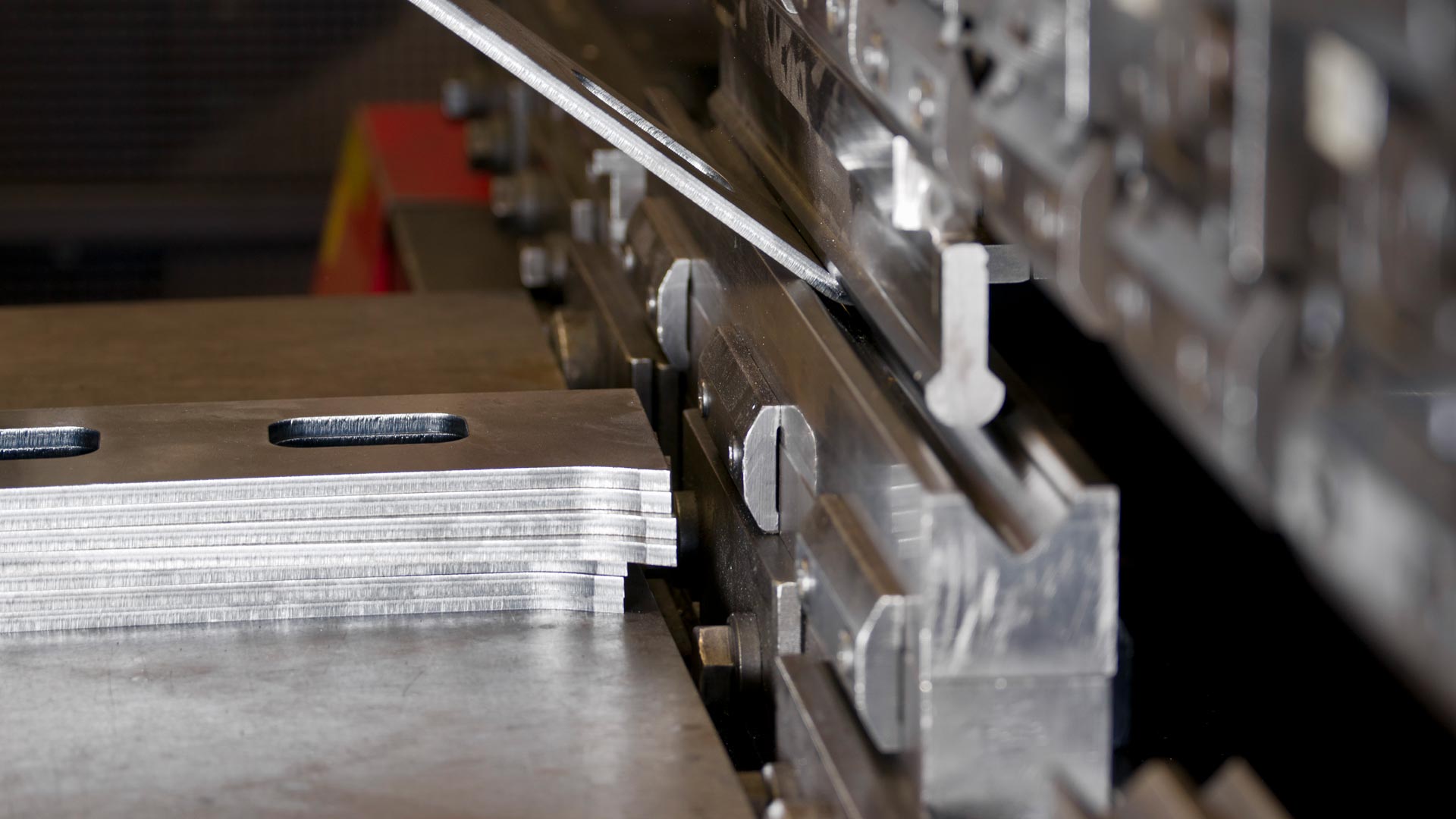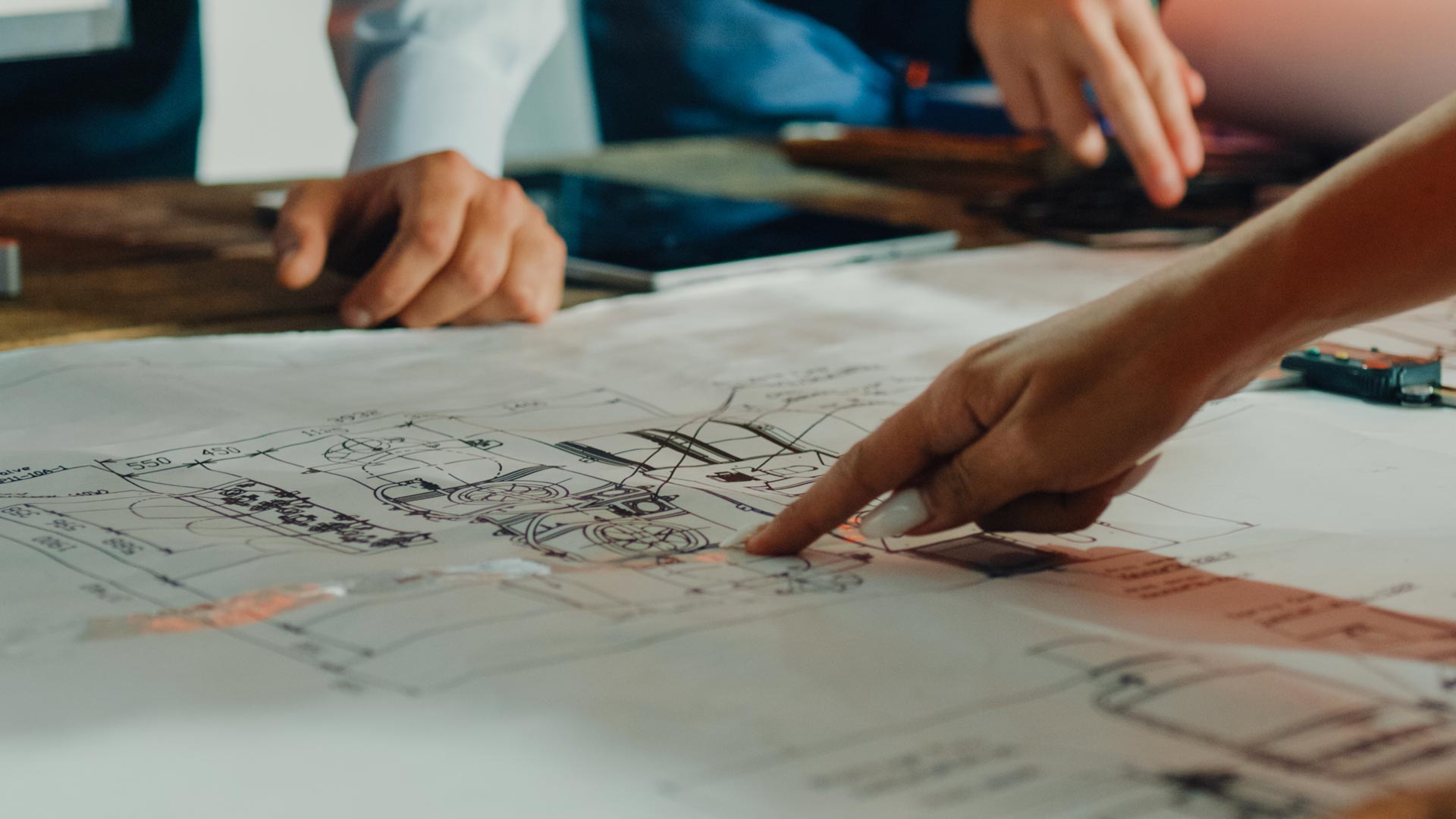Manufacturing
The Manufacturing cluster focuses on careers in planning, managing and performing the processing of materials into intermediate or final products and related professional and technical support activities such as production planning and control, maintenance and manufacturing/process engineering.
Each lesson below includes an instructional video, lesson plan, and a student test or activity.

Cluster Overview: Manufacturing
Upon completion of these materials, students will know the career pathways and some corresponding occupations within the Manufacturing CTE cluster.

Introduction to Manufacturing
Upon completion of these materials, students will understand the fundamentals of the Manufacturing industry.

CNC Manufacturing
Upon completion of these materials, students will learn what CNC machines are and how they’re used in different manufacturing processes.

Tool and Die Manufacturing
Upon completion of these materials, students will learn how tools and dies are used in manufacturing to create accurate and affordable goods.

Basic Principles of Manual Manufacturing & Robotics
Upon completion of these materials, students will learn how manual and automated processes are used and the role of robotics in the manufacturing industry.

Safety Planning in Manufacturing
Upon completion of these materials, students will learn how safety measures are designed and implemented for different manufacturing processes.

Manufacturing Blueprints
Upon completion of these materials, students will learn what manufacturing blueprints are and how they benefit the customer and the manufacturer.
Key concepts of Manufacturing condensed into a series of short instructional videos around a similar topic.
Helping your students discover, understand, and evaluate various career paths and occupations within the Manufacturing cluster that align with their personal interests, skills, and values.
Occupation Research Tools 140
MyCareerTech offers full occupation reports on 140 Occupations across the 4 Manufacturing Career Pathways.
Manufacturing Production Process Development Pathway 18
Process Development is responsible for product design and design of the manufacturing process. They work with customers to ensure the manufacturing process produces a product that meets or exceeds customer expectations. They also monitor the manufacturing process and the materials used to manufacture the product.
Production Pathway 115
People with careers in production work on the shop floor making parts or assembling them. They work with machines, making or assembling electronic parts, constructing or assembling modular housing, performing welding jobs, or printing various materials.
Maintenance, Installation & Repair Pathway 22
People with careers in this pathway perform preventive maintenance procedures on machines, tools and equipment. These are performed routinely and on a regular basis. They also troubleshoot and repair electrical, electronic and mechanical systems. This will include mechanical repair as well as using computer-based inventory control systems, retrieving information histories on each machines from computer records, and recording repair activities on the system to keep accurate records of repairs performed on each machine.
Quality Assurance Pathway 3
Quality Assurance employees assure that standards and procedures are adhered to and that delivered products or services meet performance requirements. They may have responsibility for monitoring and maintaining the quality of parts and manufacturing processes. This could include identifying the raw product to ensure it meets specifications, as well as measuring or otherwise testing products and parts to ensure they meet required customer specifications.
MyCareerCorner 6
MyCareerCorner is a series of short, 3–5-minute video Q&A from individuals across different careers and occupations giving insight and advice about their job, industry, and real-life professional experiences. Each MyCareerCorner episode includes an online activity that will challenge students to think deeper about the cluster and apply what they’ve learned.
Teamwork: An Essential Skill in Manufacturing with Tracy Beam
Upon completion of this Microlesson, students will have determined the value of teamwork in the workforce and reflected on a time when they struggled to work as a team.
Manufacturing Careers: Experience and Safety with Tracy Beam
Upon completion of this Microlesson, students will understand the importance of experience and safety skills in the manufacturing industry and considered how to begin gaining experience of their own.
The Future of Manufacturing with Kevin Frodermann
Upon completion of this Microlesson, students will have considered where the manufacturing industry is headed and what it could mean for those entering the field.
Essential Skills for Robotics & Manufacturing with Kevin Frodermann
Upon completion of this Microlesson, students will have explored key skills in the robotics and manufacturing industries and considered how to start developing them.
Exploring a Career in Manufacturing with Kevin Frodermann
Upon completion of this Microlesson, students will have heard advice for beginning a career manufacturing and considered whether this field could be a good fit.
Manufacturing & Automation with Kevin Frodermann
Upon completion of this Microlesson, students will have explored how automation is used in manufacturing and considered how it may impact the industry in the future.
This page includes information from O*NET OnLine by the U.S. Department of Labor, Employment and Training Administration (USDOL/ETA). Used under the CC BY 4.0 license. O*NET® is a trademark of USDOL/ETA.
Advance CTE sponsors the 16 National Career Clusters Framework and career cluster definitions.
Bureau of Labor Statistics, U.S. Department of Labor, Occupational Outlook Handbook, Industries at a Glance, at bls.gov/iag/tgs/iag_index_alpha.htm (visited March 20, 2024).
